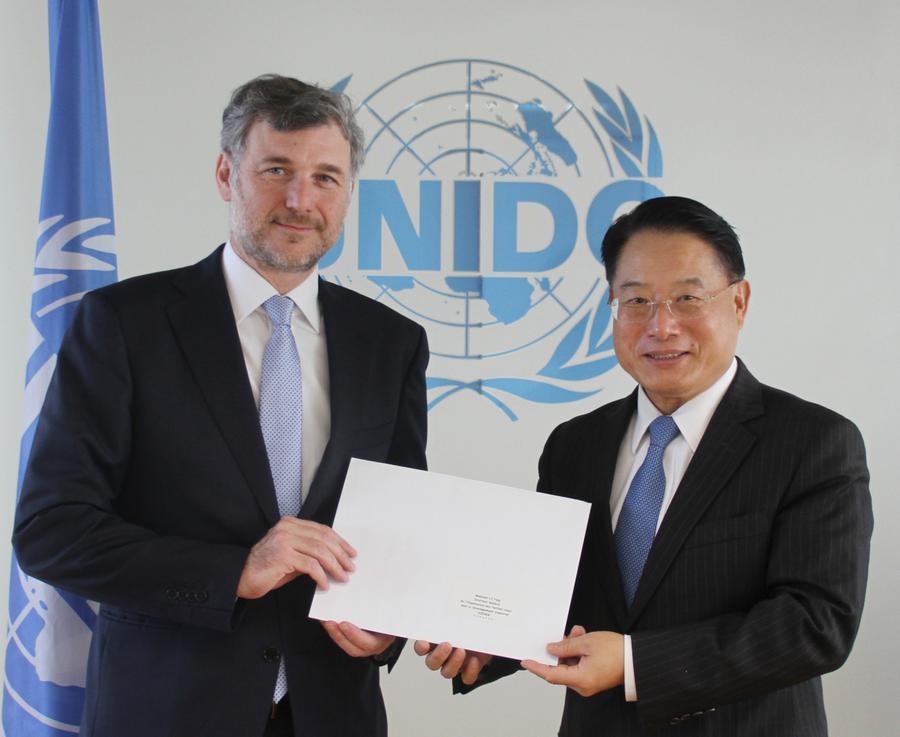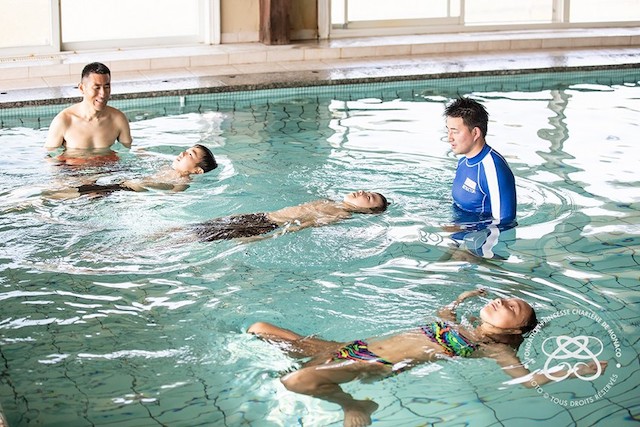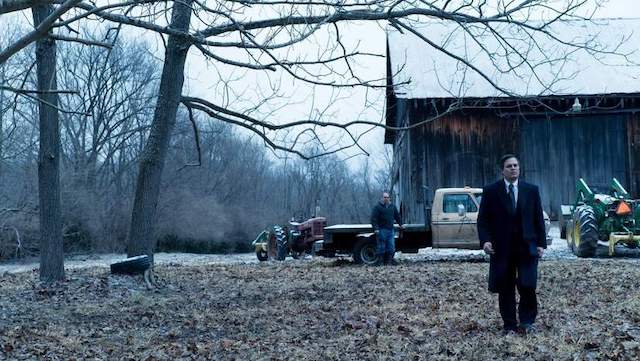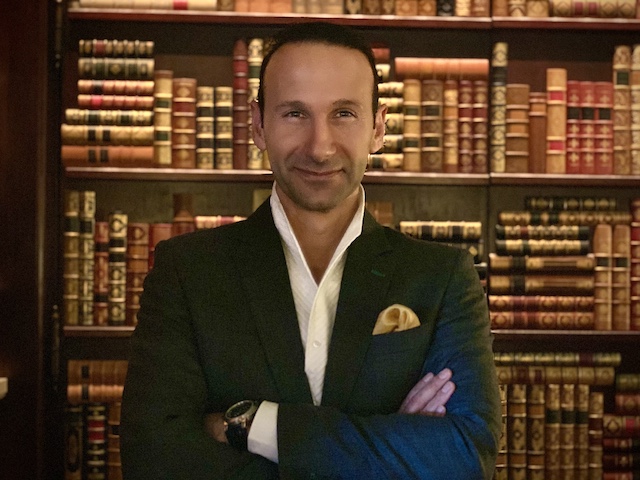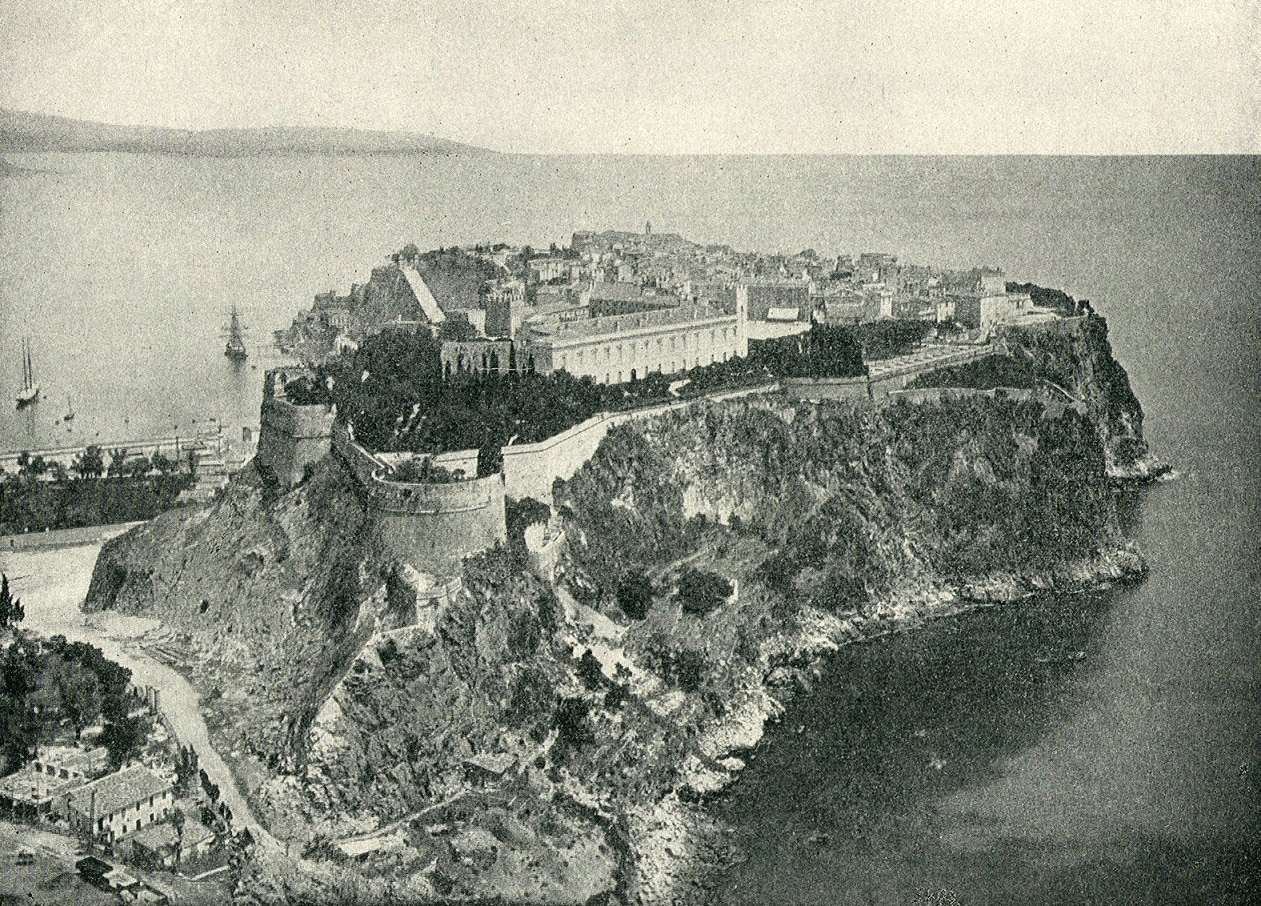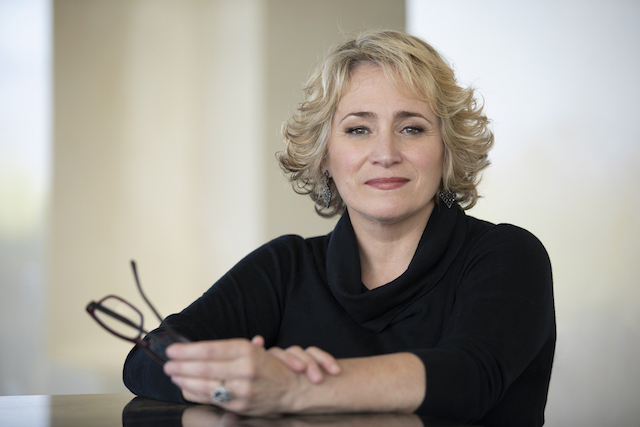This July, Anastasios (Tassos) Economou will take over as chairman of YPO, a global community of chief executives driven by the belief that the world needs better leaders.
In our interview, Tassos talks about positioning Monaco in this exclusive global ‘family’, what he thinks makes a successful CEO, and how people should be leading in the coming decade.
Monaco Life: What attracted you to YPO initially?
Tassos: There are many organisations globally, but most are about business, money and networking. YPO is about the people. There is a policy, for instance, that you cannot solicit work through YPO. This organisation is all about idea exchange and becoming a better leader. YPO brings extraordinary people together.
What have been the achievements of YPO up to this point?
Whether it is bringing electricity and water to various countries in Africa, building homes for people, or looking after the local community – the stories are endless. We are trying to take the good that is already happening and streamline it. For example, in Davos recently we brought our members together and said: “We all know microplastics is an issue, but what can we do about it? Can we use the technology that one of our members have?”
We discovered a member who is creating a reactor that completely decomposes plastic and turns it into molecules to burn and produce energy. Meanwhile, there is another person in Australia who is very interested in this project, and we at YPO can put the two together. Unlike a government which has to go through a lot of red tape, we are talking directly to the decision makers. I don’t need to tell a CEO what to do, the question is: “How can I bring to their attention the fact that they should be doing this?”
There are many projects and ideas, the goal is to bring together YPO members around the world who care, in countries that have the need, to continue doing good.
There are so many pressing issues in the world today, how do you prioritise?
I look at it like this: if there are 100 important things to do, it is best to focus on the three where more passion and concrete plans exist, execute them to perfection and solve them completely, and then you only have 97 left.
You were recently elected chairman of YPO, what do you intend to do in this role over the next few years?
It’s great to say we are a nine trillion organisation, and every one of our members is very accomplished in their field. But the questions is: How can we move beyond that and be more relevant and impactful globally? People usually see business as all “take, take, take”, but in YPO – though it may appear counterintuitive – we understand that the more you give, the more you get.
Two of the UN’s sustainable goals are more jobs and better access to those jobs. YPO is perfectly positioned in this respect as its members employ in excess of 22 million people globally. Our leaders make an impact every day as they impact the lives of so many employees and their families and use business as a force for good. Business must be profitable to be able to satisfy the two sustainable goals as set by the UN.
As chairman, you need to be very careful not to think too highly of yourself. I like to say I am a maestro in an orchestra – every individual musician can play that instrument far better than I can; they are much more accomplished at doing what they do. As a maestro, you need to bring all of these individual units together to make beautiful sound, yet you do not get to touch a single instrument. So, as chairman, I do not have the ability to do the individual work, this is up to our amazing members who are extremely passionate and qualified. My role is to bring this “music” together.
I can align resources and help things happen, but it is the people who are out there that have the passion and the plan to execute. And I think so long as you keep that in perspective, you can do amazing things.
What makes YPO so unique?
YPO is truly unique globally because it has a very interesting organisation. Firstly, there are more than 450 local geographical chapters, so there are 29,000 members in smaller groups that have some commonality and meet often, usually once a month. Within these chapters – and this is key – there are smaller groups that we call ‘forums’. The best way to describe it is: we are your personal confidential board of directors with 100% trust, where you can really open up and exchange ideas and request feedback.
As they say, it is very lonely at the top. When you are a CEO of a company you need to be telling everyone everything is ok, even if it isn’t. You need to make sure you are leading. But even a leader would like input, to test ideas, to share experiences – both personal as well as business. Building this absolute trust is unique to YPO. I have been a member of many organisations and I have never seen anything come close to it.
You are organising the European Regional Conference from 22nd to 25th October at One Monte Carlo. Why Monaco?
I find that Monaco is a very unique place and is well known for luxury, the Monte Carlo Casino, the Grand Prix… but Monaco also has a lot of very interesting advantages and, being a safe place, it really attracts a lot of high calibre, accomplished businessmen and women from across the globe. Building on a smaller event that we had back in 2015, we wanted to bring the European Conference, which attracts leaders and entrepreneurs from more than 25 countries, to expose Monaco and show them what we say is “The Monaco we know”.
Hopefully, in a few years we may be able to also bring the YPO global conference to Monaco.
Can you tell us about yourself?
I was born in Greece, Athens, and left at age 18 to study at Oxford in England, before spending time in the US and returning to the UK. In 2009 I moved to Monaco. The business I run is called iGroup, a relative value investment house present in about 45 countries with two divisions – asset management and private equity. Being Greek, we are into shipping but we are also active in BioTech, MedTech, Tech and Spirits, where we produce a super-premium gin ‘Brockmans’, a product that we built from scratch with passion. It goes to show what you can do in life when you have passion.
How do you find time to do all of this? What is your philosophy in managing life?
I wish I had the infallible secret, but it comes down to people and priorities. I do not profess to know everything in order to do everything on my own. I think that is a recipe for disaster. I have a great team of people that is constantly being upgraded and updated as we grow. I also strongly believe in giving people the autonomy to flourish whilst keeping them accountable for their decisions and actions.
Finally, the ability to say no is also extremely important – selecting who you have time to see and what you have time to do. At times, saying no to more business or socialising because of family, is critical.
What makes a good leader/CEO?
It depends on where you are and what you are doing, but I do think there are a lot of common characteristics. As a leader you definitely need to inspire and bring people together. But to inspire I believe you also need to listen to people – discover what they are passionate about, why they care, what is important to them. Leaders make sure there is a matchmaking of what is important to people and the work they are doing.
A true leader, whether it be of 5 or 1,000 people, will try and put people in meaningful work. It is much more effective because people can see that they are being considered as a human and not just a number.
I also believe the ability to prioritise and say no. Actually distinguishing between the pressing and the important is something that is an art for a leader to learn. We tend to do what is most pressing, which is not necessarily what is the most important thing that needs to be done.
Hence, being a good CEO is not so much about a gallant leader on a horse leading the masses. It is more about connecting with the human side.
Working environments are changing and so too are the expectations of employees. What do you envisage the trends will be for the decade ahead?
The whole attempt of the 20th century was to be as efficient, mechanic and scalable as possible. That worked in moving from an agricultural society to an industrial society. But, in our new electronic age, where there are efficiencies beyond what we could possibly comprehend even 15 years ago, life is no longer about working for the sake of working and making money, especially with millennials.
I often like to remind people, “Yes, the way you operated got you to where you are today, but it will not get you to where you want to go”.
A good place to start is to think about quality of work – what is the working environment like, is it positive? To me, it is more about asking yourself how you can tap into the best every individual has to offer.
Anyone who is not paying attention to this shift is in for a rude awakening.
Read more:
